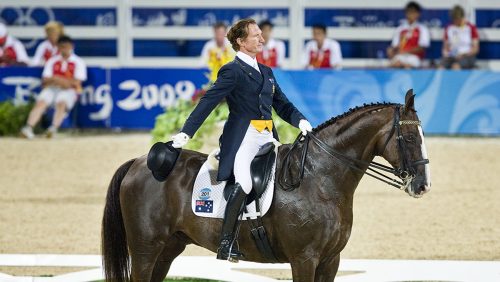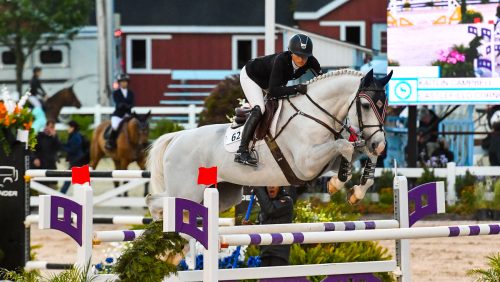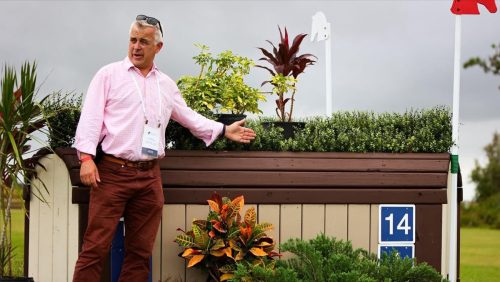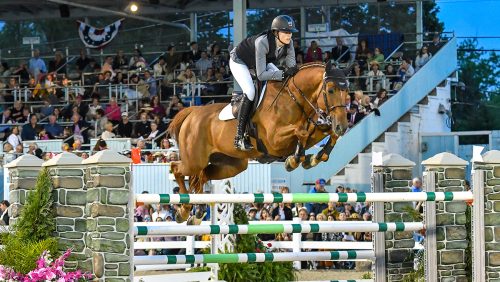Two Yorkshire landowners, Tim Easterby and Major John Shaw, were convicted this summer under the 2004 Hunting Act on charges relating to a coursing meeting held on their land more than 21⁄2 years earlier. Both men were granted an absolute discharge with no fines or costs awarded against them after District Judge Christina Harrison explained she had no choice but to convict under the Act.
The defendants granted permission for the Yorkshire Greyhound Field Trial Club to partake in what they understood to be a legal activity on their land because the Greyhounds were wearing muzzles. The death of the quarry is of little significance in the ancient sport of coursing, where points are awarded for speed and agility.
In summation, Judge Harrison cast further doubts on the Hunting Act by observing, “everyone has had extreme difficulty in interpreting what Parliament meant (by the Hunting Act).”
“This extraordinarily pointless prosecution is yet another example of why the Hunting Act must be repealed,” Countryside Alliance Chief Executive Simon Hart said. “To drag two people, who, as the judge made perfectly clear, had no intention of breaking the law through this prosecution is an utter waste of public funds.”
TV personality Clarissa Dickson Wright and race horse trainer Sir Mark Prescott faced charges on Sept. 3 relating to the same meeting, although their case had been brought by the International Fund For Animal Welfare and not the Crown Prosecution Service.
Both pleaded guilty in their absence and were also given absolute discharges with no costs, thereby providing IFAW, which had brought the case at some considerable expense, with a hollow victory.
The judge again commented on the difficulties of administrating and interpreting the 2004 Hunting Act and also questioned how IFAW undercover employees, who had paid to attend and infiltrate the meeting, were not being charged, as they too were clearly guilty of being present at an illegal event.
ADVERTISEMENT
In July, the Crawley And Horsham Hunt in West Sussex backed down from their efforts to secure an injunction preventing a local wildlife protection group from harassing hunt supporters and trespassing on private land. The case was halted by the hunt–with costs estimated to be about $160,000–after it was revealed that the judge, Ross Cranston, was opposed to the sport.
By that stage he’d already thrown out allegations of nuisance and trespass, leaving only the harassment charge to answer. Although the hunt claimed their main objective of preventing harassment had been achieved, their action was an expensive exercise resulting in the hunt having to pay their opponent’s costs as well as their own.
August saw the case against Percy Professional Huntsman Robert McCarthy collapse after the judge ruled there was insufficient evidence to continue and awarded costs to the defendant.
Since the Hunting Act was passed there have been numerous allegations of illegal hunting and dozens of investigations, yet just nine hunts have been investigated, with only three successful convictions.
As of early September, the only individual left to face charges under the Act is the Ullswater Fell Pack huntsman, John Harrison.
After the McCarthy case, Hart observed, “None of the court proceedings has any relevance to the welfare of the fox, the management of mammal populations or the well being of the rural community. Instead, they argue over the definition of hunting, the meaning of exemptions and the purpose of parliamentarians in passing the law.”
With a busy summer now behind them, nearly all hunts in Britain have begun their autumn hunting campaigns, although some have been forced to delay their start due to another late harvest. There’s a feeling of expectation and confidence around the sport–not just for another good season but also for the widely anticipated repeal of the Hunting Act should the current government be ousted from power in the next general election.













